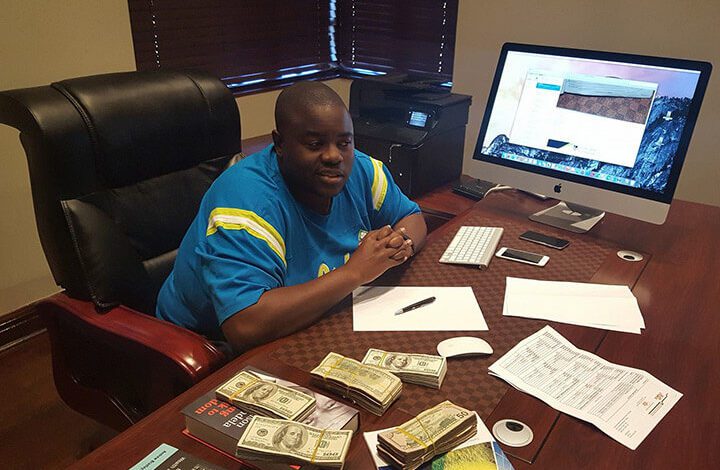Chivayo sues ZPC for US$22 Million defamation, says he lost business abroad

Controversial businessman and socialite, Wicknell Chivayo has sued Zimbabwe Power Company 22 million USD for defaming him for defrauding.
Wicknell has told the High Court that his arrest on allegations of defrauding the Zimbabwe Power Company (ZPC) had tarnished his integrity to an extent that it was now difficult to get any lucrative contracts.
He was testifying in a case where he is suing ZPC US$22 million for defamation, and for breaching the solar project deal which they signed in 2013 with the Intratrek company owned by Wicknell Chivayo.
Intratrek the company owned by Wicknell Chivayo claims ZPC was responsible for causing delays to the implementation of the contract through its failure to obtain an environmental impact assessment certificate.
Intratrek also said the legal charges it instituted against Chivayo alleging fraud and corruption in the execution of the Gwanda solar plant project, affected progress in the implementation of the project.
Intratrek also said it was surprised when ZPC filed for fraud charges relating to a contract it had voluntarily entered into with a contractor.
Under cross examination by Daniel Tivadar, representing the power utility, Chivayo maintained that ZPC was actually indebted to him after he paid subcontractors, who did the pre-commencement work after the firm flatly refused to pay them.
The entrepreneur also claimed to have gone out of his way to secure land for the project, in addition to facilitating acquisition of an Environment Impact Assessment (EIA) report to start the project.
“I was the one who acquired the land and I handed over the land to ZPC. I sourced the land then I went to the lands minister and handed a letter seeking authority to hand over land to ZPC. In fact I assisted ZPC,” he said.
“We even used our money to make sure we finish the pre-commencement works after ZPC refused to pay the subcontractors,” he said.
Chivayo said his company had to fork out money from its coffers to avoid being sued.
Tivadar asked for proof that he had paid several contractors, but Chivayo said he had none.
“What confirms that I paid the sub-contractors is that the work was done.”
Chivayo said he was running around sourcing funds to make sure that the project goes ahead.
Again Tivadar asked him, “You keep mentioning banks, but there is no single document for the loan agreements you are talking about.
“You don’t start with the agreement; it starts with negotiating,” Chivayo responded.
The lawyer asked again, “I can’t find any paper trail. I can’t find a single correspondence between your company and the banks. Do you agree you have produced nothing written to support your evidence?”
Chivayo said he was willing to complete the first phase of the project at a reduced price and finish within six months.
He said they chose to start the project with 10 megawatts due to limited funds.
“Given the chance to sign the amended contract in which we had reviewed some of the terms, we will need six months to complete the first phase and that is 10 megawatts,” he said.
“There is nothing unusual with projects taking a longer time because of a lot of things like the country’s economic sanctions, sovereign risks associated with our country, it could take up to five years,” he said.
Chivayo sued ZPC US$22 million, complaining that his company, Intratrek Zimbabwe, has lost considerable business, locally and abroad, owing to the ZPC scandal.
The businessman was earlier cleared of wrongdoing in the Gwanda solar project, but the National Prosecuting Authority (NPA) revived the case.
The criminal trial is due to commence at the lower court.


























